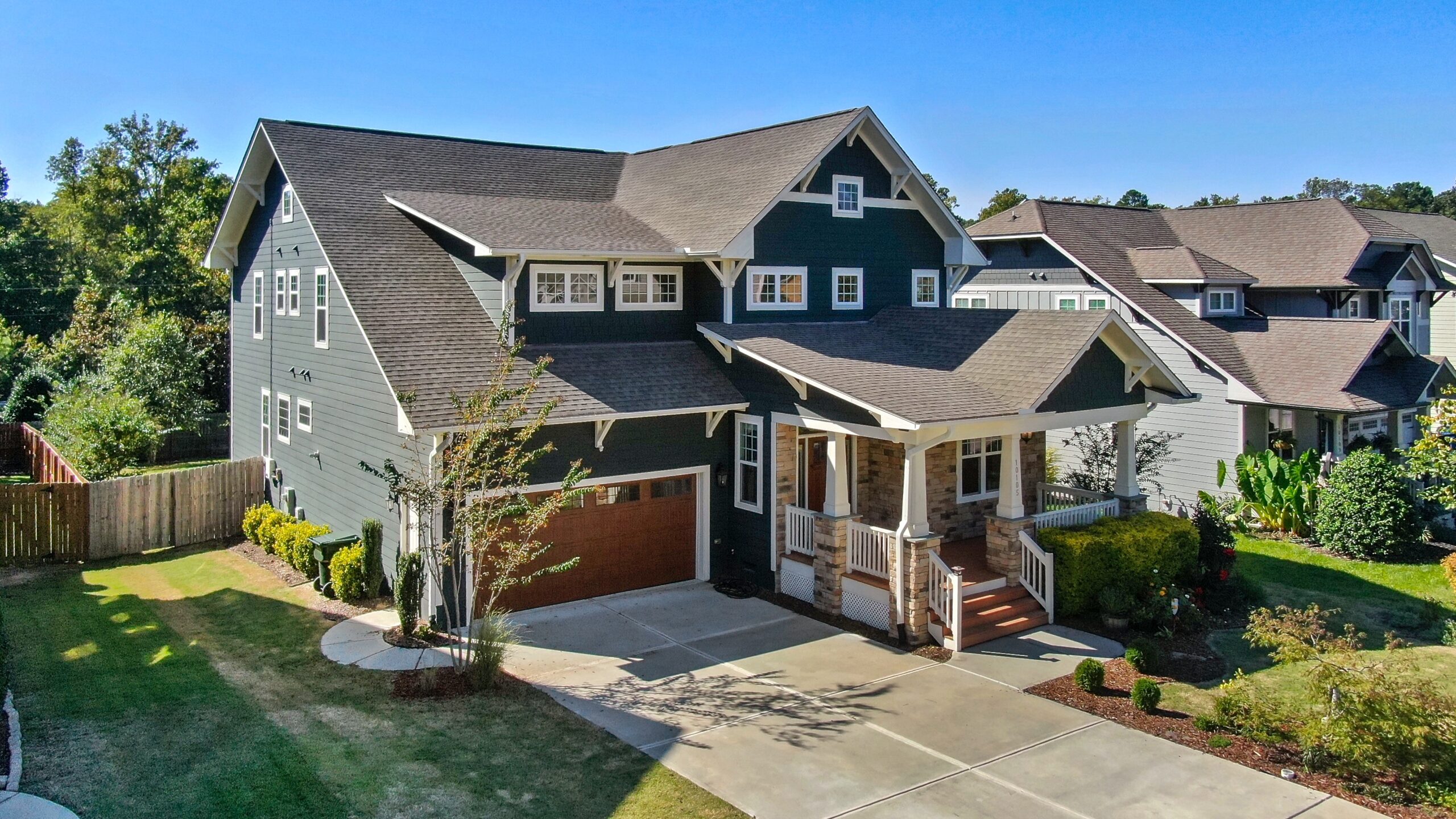
05 Jun Understanding Zoning Laws and Regulations for St. Louis Commercial Properties

Zoning laws and regulations play a crucial role in shaping the development and use of land in St. Louis, particularly for commercial properties. These regulations determine how the land can be used, what types of businesses can operate in specific areas and the overall structure and appearance of the city. Business owners and developers need to understand these zoning laws to ensure compliance and make informed decisions regarding their commercial properties. This article will explore the basics of zoning laws and regulations for commercial properties in St. Louis.
What are Zoning Laws?
Zoning laws are local regulations that divide a city or municipality into different zones or districts, each with specific permitted uses, building codes, and restrictions. These laws aim to promote orderly development, protect property values, and maintain a balance between different land uses. Zoning laws for commercial properties in St. Louis are designed to ensure that businesses are appropriately located, considering traffic, noise, environmental impact, and community needs.
Zoning Districts in St. Louis
St. Louis has a comprehensive zoning code that designates different districts for various land uses. The primary commercial zoning districts in St. Louis include:
C-1 Neighborhood Commercial District
The C-1 district is intended to accommodate small-scale commercial activities primarily serving nearby neighborhoods. It allows for commercial and residential uses, including convenience stores, restaurants, and small office spaces. However, it generally prohibits heavy industrial operations or large-scale commercial activities.
C-2 Commercial Corridor District
The C-2 district is designated for commercial areas along significant corridors and arterial streets in St. Louis. It permits a broader range of commercial uses, including retail stores, service businesses, restaurants, and offices. Depending on specific conditions and restrictions, some light industrial and multi-family residential uses may also be allowed.
C-3 Commercial District
The C-3 district is a more flexible commercial zoning designation, allowing for various commercial, office, and light industrial uses. It is typically located near major transportation routes and permits a broader range of business activities, including shopping centers, supermarkets, and light manufacturing facilities.
MX Mixed-Use District
The MX district promotes a mix of residential, commercial, and office uses within the same development or building. It encourages walkability and creates vibrant, mixed-use neighborhoods. MX zoning is often applied in areas undergoing revitalization or redevelopment, where a blend of commercial and residential activities is desired.
Zoning Laws and Permitted Uses
Property Management in St. Louis is crucially linked to the specific regulations governing permitted uses for commercial properties in each zoning district. In St. Louis, each district has its own set of regulations that dictate the types of businesses allowed within its boundaries, along with any additional requirements or restrictions. To ensure compliance with the permitted uses, it is vital for property owners to review the zoning code applicable to their commercial property’s district. By doing so, Property Management in St. Louis can ensure adherence to the prescribed guidelines and maintain a smooth and compliant operation.
Applying for Zoning Variances or Special Use Permits
Sometimes, a company or parcel owner may need to seek a zoning variance or a particular use permit to deviate from a specific zoning district’s permitted uses or regulations. This typically occurs when a proposed use does not align with the existing zoning requirements but can still be considered compatible with the surrounding area. Obtaining a variance or particular use permit involves applying to the local zoning board or planning commission and attending a public hearing to present the case. It is crucial to consult with zoning professionals or attorneys familiar with St. Louis zoning regulations to navigate this process successfully.
Zoning Compliance and Building Codes
In addition to zoning regulations, commercial properties in St. Louis must comply with building codes and other local ordinances. Building codes govern commercial structures’ design, construction, and safety standards. It is necessary to obtain the appropriate building permits and inspections to ensure compliance with these codes. Working with architects, engineers, and contractors familiar with St. Louis building codes is essential to meet the requirements and ensure the safety and integrity of your commercial property.
Seeking Professional Assistance
Navigating zoning laws and regulations can be complex and overwhelming for business owners and developers. It is suggested to seek experienced assistance when dealing with zoning matters for commercial properties in St. Louis. Zoning attorneys, land use planners, or consultants with expertise in St. Louis zoning can provide valuable guidance, help with zoning applications and variances, and ensure compliance with local regulations.
Conclusion
Understanding zoning laws and regulations is crucial for business owners and developers of commercial properties in St. Louis. These regulations dictate the permitted uses, design standards, and overall development of commercial areas within the city. Business owners can make informed decisions and ensure compliance with local zoning laws by familiarizing themselves with the zoning districts, permitted uses, and the process for obtaining variances or particular use permits. Seeking professional assistance from zoning experts can further enhance the understanding and successful navigation of the zoning process, ultimately facilitating the establishment and growth of businesses in St. Louis.
Frequently Asked Questions (FAQs)
1: Can I operate any business in a commercial zoning district in St. Louis?
The type of business you can operate in a commercial zoning district in St. Louis depends on the specific regulations of that district. Each zoning district has its permitted uses and restrictions. Reviewing the zoning code for the community where you plan to operate your business is essential to ensure compliance with the permitted uses.
2: What should I do if my desired business use is not permitted in the zoning district where my commercial property is located?
If your desired business use is not permitted in the zoning district where your commercial parcel is found, you may require to apply for a zoning variance or a particular use permit. These allow you to deviate from a specific district’s permitted uses or regulations under certain conditions. It is advisable to consult with zoning professionals or attorneys familiar with St. Louis zoning regulations to guide you through this process.
3: How can I find out the zoning designation of my commercial property in St. Louis?
To find out the zoning designation of your commercial property in St. Louis, you can visit the official website of the city’s zoning department or contact the local zoning office. They can provide information about the specific zoning community in which your parcel is discovered and the related regulations.
4: Are there any specific design or building requirements for commercial properties in St. Louis?
Yes, commercial properties in St. Louis must comply with building codes and design requirements. These codes govern factors such as structural integrity, fire safety, accessibility, and other standards to ensure the safety and functionality of the building. It is essential to work with architects, engineers, and contractors familiar with St. Louis building codes to ensure compliance during construction or renovation.
5: Can I request changes to the zoning regulations in a particular district?
Requesting changes to the zoning regulations in a particular district typically involves a comprehensive process and public hearings. Suppose you believe the existing rules must be more conducive to your business or the development of the area. In that case, you may engage with local community organizations, zoning boards, or elected officials to discuss the possibility of rezoning or amendments to the regulations. However, these changes are subject to review and approval by the relevant authorities.
6: Can I operate a home-based business in a residential zoning district in St. Louis?
In some cases, operating a home-based business in a residential zoning district in St. Louis is possible, subject to specific regulations and limitations. Home occupations or home-based companies often restrict the number of employees, signage, parking, and the types of activities that can be conducted. Reviewing the zoning code and consulting with the local zoning office to understand the requirements for operating a home-based business in a residential area is essential.
 CLICK HERE FOR PODCAST
CLICK HERE FOR PODCAST

